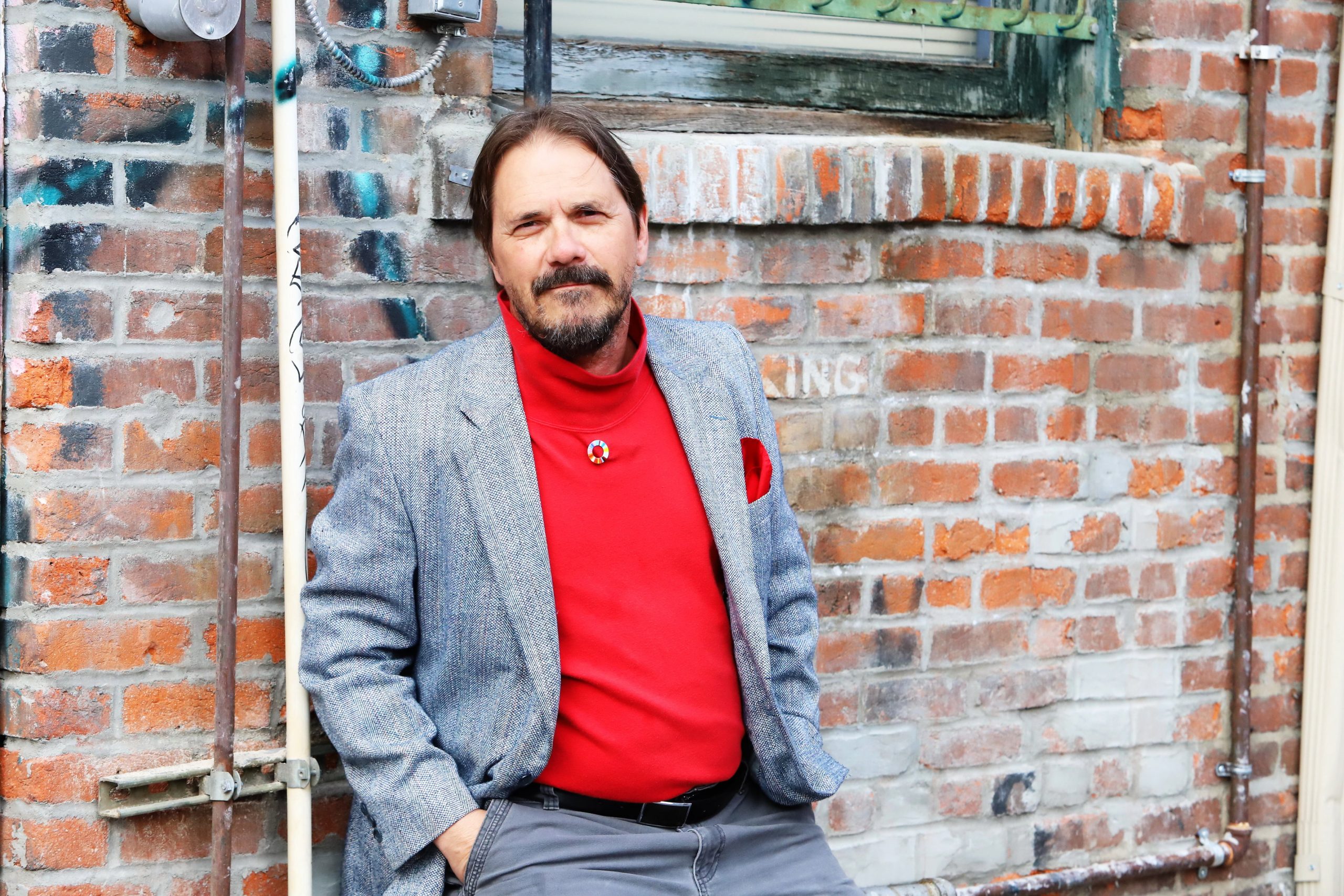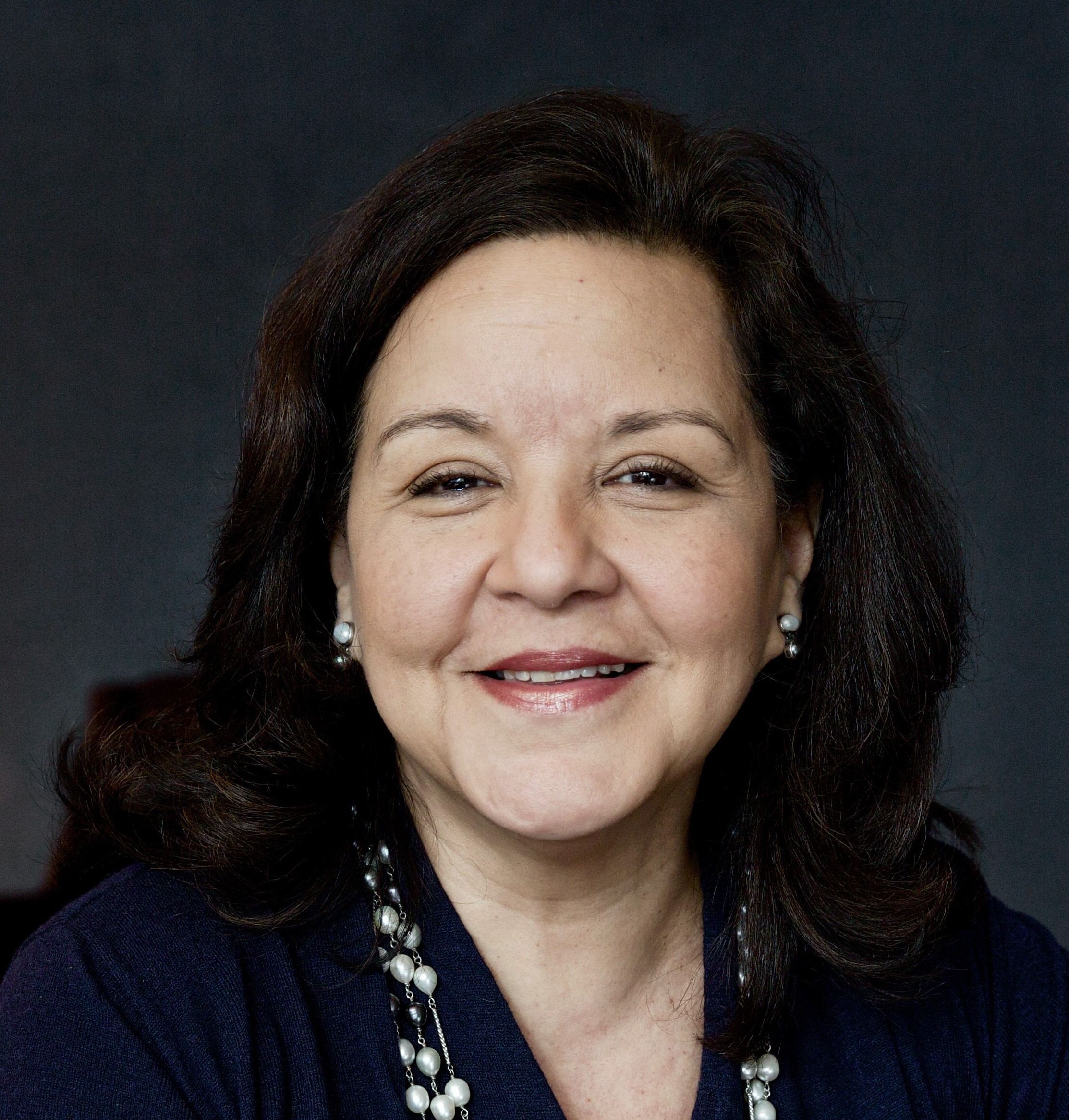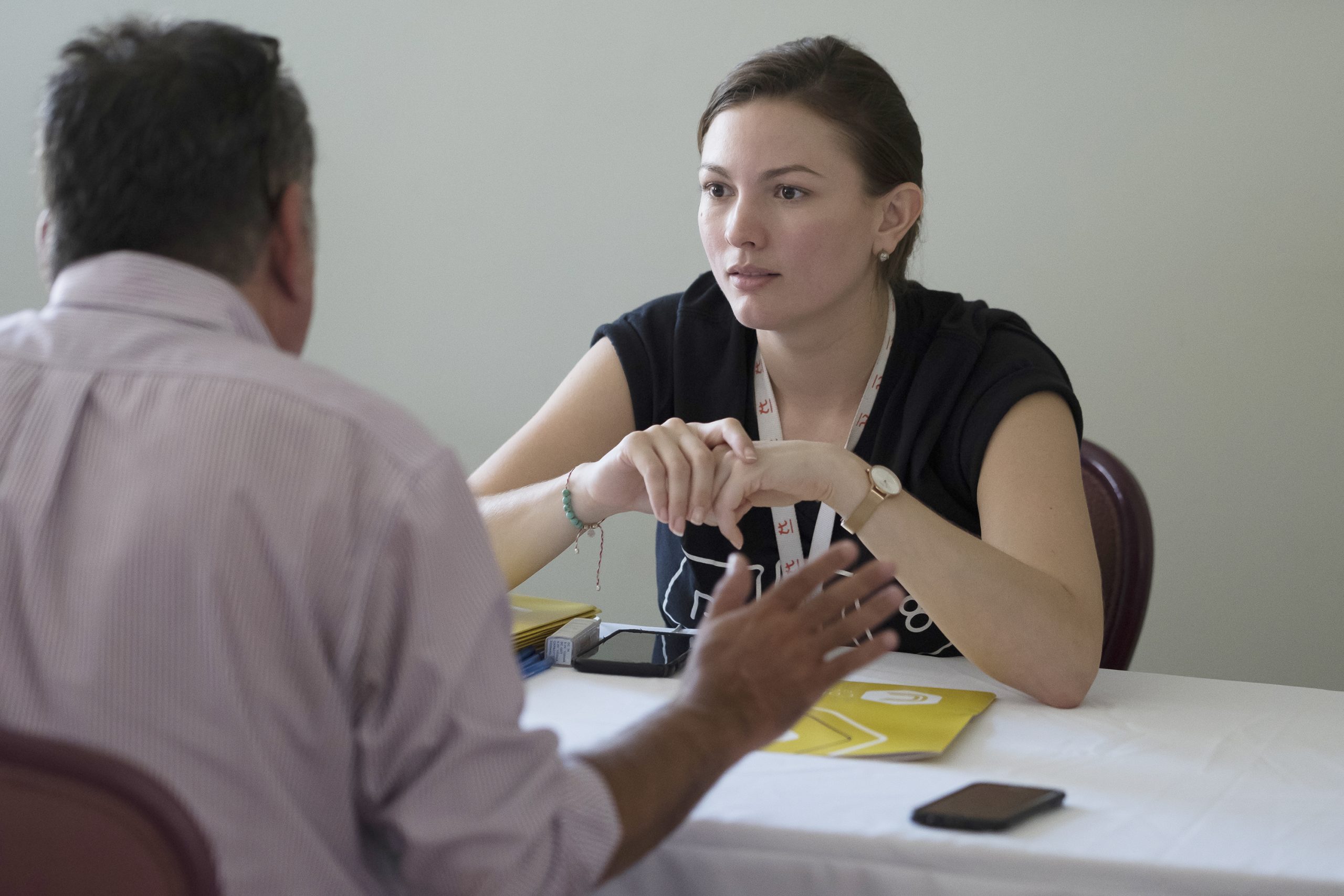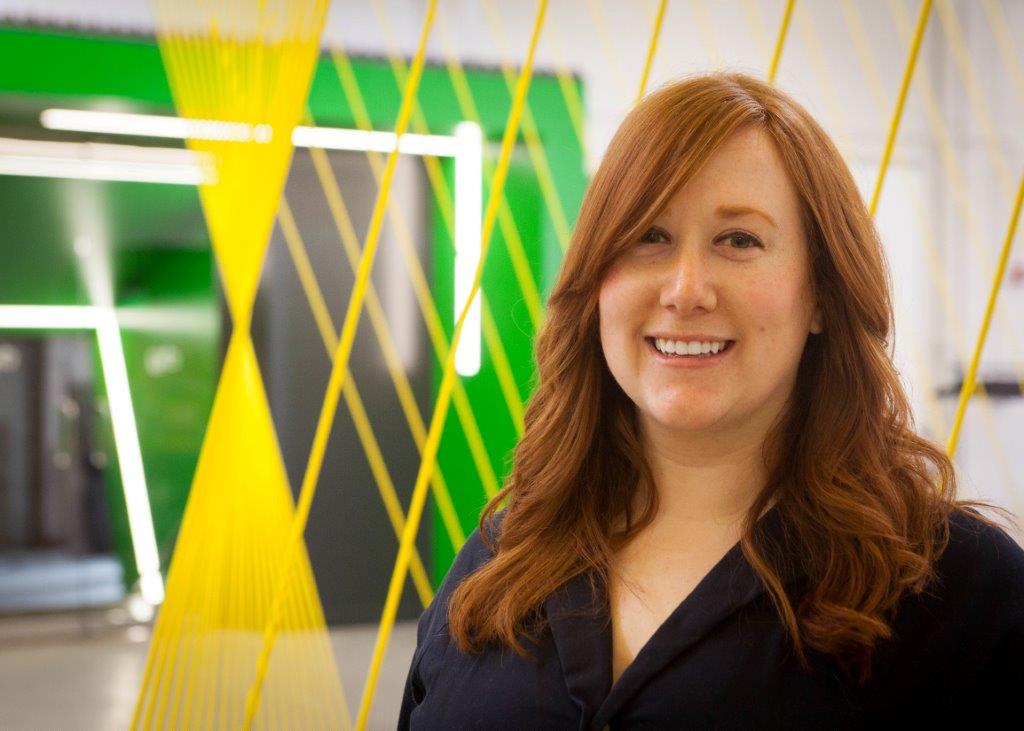
#4 Live the Values (2/2)
This article is a 2-piece exploration of Ecosystem Building principle #4 Live the Values and belongs to the 7-part series Ecosystem Building 101. The entire series is developed in Fireside Chats with entrepreneurial ecosystem builders around the world.
This resource guide is no longer available. Sign up for Impact Curator to never miss another resource.
Model what’s needed to create what’s possible
How can we as ecosystem builders steer both conversations and actions in a new direction that behaves more like the ideal ecosystem each of us is striving for? To borrow a phrase from ESHIP’s community activators Cecilia Wessinger and Christine Lai: We have to model what’s needed to create what’s possible.” What does that look like in the field?
Norris: There is legitimate fear from some of these economic developers because they realize (somewhat correctly) that it’s a zero-sum game. Why should they partner with people who will take their funding and public recognition? It is hard to unselfishly support a thriving ecosystem when they have to work to protect their territory. We must figure out how to expand the ‘pie’ and that requires a very different conversation. And it requires a much deeper understanding of the value propositions that ecosystem builders offer all the stakeholders. Ian Hathaway (of Feld & Hathaway book) said on a zoom call that we need to “cut off the oxygen” of bad actors, don’t talk about them and exclude them from events.
“Like too many places, at the microlevel here in Boise, Idaho, there are not many policy makers who actually understand how ecosystems operate but how much of that is the misconceptions held by their funders. I don’t mind being the bad cop and explaining to people that a job title does not equal expertise. Back when Brad Feld’s book Startup Communities came out in 2013, he debuted it here in Boise and all of the bad actors in our ecosystem were nodding their heads thinking he was singing their praises when in fact, he was calling them out for being egotistical and not doing as good a job as they should have. I think they did not understand the nuance, but they do understand that change is coming. There is a distinction, as Evy said, between truly talking to each other and exchanging platitudes.” p.s. How DO we tell the top-down types that they aren’t bottom-up?

Norris Krueger
Expert Entrepreneurship Developer
Boise, Idaho, USA

Mildred Franco
The Generator
Pine Bluff, Arkansas, USA
Mildred: “You must lead by example. If I tell people ‘I’m here for you!’ and they call me at a time that is not convenient for me and I don’t respond, then they don’t believe that I am – in fact – here for them. Problems don’t tend to arise at times that are convenient for anyone. Instead, I give a lot of myself to build that trust with the entrepreneurs I hope to support. Trust is the basis of everything that we do. Without trust, I will not work with you, collaborate, or come to the same table as you. There is no reason to. Being Hispanic, I am considered a person of color but that doesn’t mean that our predominantly African American community trusts me automatically. The way I have successfully built trust in our community is by helping those who need the help unconditionally, and then those entrepreneurs became champions and advocates for me. A lot of the calls that I get now are word-of-mouth referrals from one entrepreneur to another. They know I can help, and I have proven that I show up and roll up my sleeves.”
Denisse: “I don’t see Puerto Rican entrepreneurs in silos – they get along really well when they get the chance to get together. Silos are more common among the entrepreneur support organizations. We have intentionally created a separate space for every actor in the ecosystem to meet around a specific topic. On the backend, we have created these meetups very intentionally to facilitate an environment for these actors to collaborate organically. We’ve been hosting meetups quarterly for the last three years and sometimes I learned six months later that two people who met there are now collaborating on a project that was born from that meetup conversation. But it’s a lot of work to make that happen. You have to intentionally consider who is missing: Who is not here but should be here? Wearing that hat, and having that process run in the back of your mind at all times, is draining, yet rewarding.
In terms of our values, in the past eight years, we have seen a shift toward entrepreneurs who actively give back. We have a long history of family-run businesses who value generational wealth. The new entrepreneurs are following this new mindset, investing in startups that align with the ethos of giving back to the community. That’s been an encouraging trend.”
Jess: “When I first arrived here in Danville, I sat down with each of the resource providers that I work with to first and foremost express my mission-driven intent and to build trust on a personal (1-on-1) level. I wanted them to know that I am all about the shared vision and that I’m here to get the work done together.
Even though there are interpersonal issues and conflicts – and there always will be in this type of work – I always step back to objectively look at whether we are getting the work done despite the high drama at times. The answer consistently tends to be “yes,” and so, taking the emotion out to simply view it as just another variable has worked well to manage any conflicts that may arise and stay focused and steadfast on getting the scope of work done (the real work).
As far as our values go, I would describe them as resilience & reinvention. Everybody here knows that entrepreneurship and innovation in the tobacco and textiles industries put Danville on the map decades ago. With manufacturing moving overseas and the tobacco industry declining, a lot of that wealth was lost, and we are now re-envisioning what entrepreneurship and innovation can look like in a rural area like Danville.”

Denisse Rodriguez
Colmena66
Puerto Rico, USA

Jess Edwards
Dan River Entrepreneurial Ecosystem Project
Danville, Virginia, USA
Danielle: “I’ve removed myself. I stopped offering my services to these service providers whose values I do not align with. I offer my support to entrepreneurs who do not get it through these high-impact tech-driven programs. I also have become more comfortable speaking up whenever I am participating in a panel discussion, judging startup pitches, etc. In October, I was on a jury to judge seven entrepreneurs who pitched their business idea. The last founder was a white male expat and the other jury members were clearly in favor of him because the way he pitched was eloquent and made him credible. But the business idea was in no sense better or more promising than the other six. I’m ok with being the controversial person in the room to call out these biases.
In my own business, I communicate my values and philosophies clearly. It helps to communicate ‘This is what you can expect from me, the person I am, this is the type of support I provide, and these are the values I stand by.’ If you don’t agree with them, you’re in the wrong place. And I communicate them regularly – what I constantly write about in my newsletter and blog posts, social media etc.”
Evy: “In working with a lot of other support organizations here in Puerto Rico, I have learned that one bad apple does not always represent the entire organization. If one person becomes a bottleneck in the ecosystem, I’ll pick up the phone for a direct conversation. If that doesn’t work, I don’t hesitate to find someone else in that entity and start building that relationship.
I know that each community on the island has their own set of values, but it would be interesting to talk about what we all have in common, which values hold true across the entire ecosystem. As Latinx, we are generous and resourceful and help anyone who knocks on our door.”
Living the values in entrepreneurial ecosystem building
Take it personal, but not too personal.
Because most of us are deeply passionate about supporting our entrepreneurial communities, it can be incredibly personal – for better and worse. It’s what gets us out of bed in the morning, it’s what keeps the engine fueled and the processes of who-needs-what-when-who-do-I-know-and-who-can-help? that Denisse described. On the downside, when other actors in the ecosystem violate the norms we adhere to – knowingly or not – it becomes an emotional experience.
Healing and nurturing strong and healthy entrepreneurial ecosystems requires us to be courageous enough to model generosity and kindness even if they’re not reciprocated. As Jess Edwards said, monitor all actors but don’t let their grievances get in the way of you doing your work. Human relationships are messy by nature. Don’t let that stop you.
Instead, try to facilitate collaboration with empathy and an abundance mindset. Take a step back and look objectively at the big picture. Keep a pulse on the friction in your ecosystem but remember you are not solely responsible for resolving that friction, nor is it your job to make sure everyone gets along. YOUR job is to create an environment in which others have the courage to put their ideas out there and leave their ego behind to grow the overall pie. To do that, model what’s needed to create what’s possible.
Invest in 1-1 relationships
“Entrepreneurial ecosystems, at their heart, are based on human relationships.” (ESHIP playbook). For those to thrive, we must lay the foundation of trust. As Mildred said, if we don’t trust each other, there is no reason for us to show up for one another, let alone collaborate. Most entrepreneurial ecosystem builders are relationship weavers by nature. Embrace it. Even – and especially if – you have known other actors for a while and think you know what they’re about, what their goals and approaches are, take the time to nurture these relationships. Catch up one-on-one regularly, re-issue invitations to collaborate.
Uncover your ecosystem’s values
Know what drives you and how you want to show up, then dig a little deeper into what entrepreneurs and other actors in your ecosystem value.
- Know your own values.
- Gather the actors in your ecosystem in a neutral environment.
- Communicate and repeat these values whenever possible.
Find more details about this discovery process in our workbook!
Keep doing the work.
Shifting norms and changing culture takes years and will only take root if done consistently and frequently. Even if it doesn’t feel that way at the beginning, you will eventually win people over. There will also be people who will never want to play nice and by these common norms. Keep in mind that giving up that scarcity mindset and trusting others without a guarantee of reciprocity is scary. It’s not your job to convince the inconvincible. It’s your job to keep inviting them and allowing them to witness how an abundance mindset and a give before you get (within reason) attitude contribute to a thriving entrepreneurial ecosystem. Stay the course and model the behavior you hope to see in others.
Photo by Arno Senoner on Unsplash